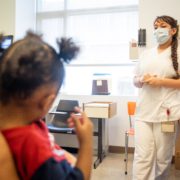MedPage Today’s new op-ed focuses on the impacts of the COVID-19 pandemic on two high-risk populations served by The Foundling – people with developmental disabilities and those in foster care. Written by two members of The Foundling’s leadership team – Dr. Joe Saccoccio, our Chief Medical Officer, and Sashoi Grant, our Vice President of Nursing – the article details the lessons learned in providing medical care to these communities, from the importance of educating on safety measures to maintaining a focus on mental health.
Read the op-ed below:
Op-Ed: Forgotten Populations and COVID — Learning the right lessons
by Joe Saccoccio, MD, MPH, and Sashoi Grant
At The New York Foundling — one of New York’s longest-serving non-profit organizations — we know all too well how COVID has upended countless lives across the city. The communities and populations we support, totaling 30,000 each year, have been hit particularly hard — from people with developmental disabilities to children and families in crisis.
We now know that COVID-19 is three times more likely to have fatal outcomes among people with intellectual and developmental disabilities than the general population. And the data tells us that most children in foster care have higher instances of medical and mental health diagnoses than children who are not in foster care — from asthma, to obesity, to long-term illnesses like diabetes — all putting them at higher risk for contracting the coronavirus without intervention. The communities in our care at The Foundling have faced immense challenges this year and are some of the most at-risk heading into the next few months.
While we may be entering a second wave and a dark winter, we do know what could be in store. We’ve been intentional about revisiting the most challenging moments of the first wave in New York, and reflecting on lessons learned. Medical care is a critical part of the history and legacy of The New York Foundling. And today, we continue to support hundreds of thousands of our neighbors — and during COVID, our work has not changed.
New York has learned some of the toughest lessons from the pandemic and stands to be more prepared as we head into a difficult holiday season. Gov. Andrew Cuomo himself addressed the current surge, saying, “We lived this nightmare. We learned from this nightmare. And we’re going to correct for the lessons we learned.”
With more than 37,000 COVID-related deaths in New York and over 200,000 new cases a day across the country, what have we learned, and how can we correct it?
Lesson #1: Continue to educate on and adapt to new safety measures. As the state proceeds with its plan to emphasize mask-wearing, enforce social distancing, and prevent overflow at hospitals, we must do our part to educate and support people with developmental disabilities, children in foster care, and children and families receiving preventative services.
And it’s not just why, but how we educate people that is so important heading into the winter. It’s important to find the right way to explain and demonstrate how severe the virus is, why social distancing is important. And with many people, especially those with developmental disabilities, unable to tolerate mask-wearing and other standard precautions, we must get creative to find new ways to keep ourselves and our clients safe. Staff at The Foundling have worked tirelessly throughout the year to find alternative safety measures for those who struggle to comply with the status quo, and will continue to do so.
Lesson #2: We need to prioritize mental health and emotional wellbeing, alongside physical health. In 2020, we learned that many of the people living in Foundling-run homes and residences for people with developmental disabilities faced difficulties understanding isolation. In instances of a positive case of COVID in a group home, there were times when the individual didn’t understand what was going on with their body, were unable to advocate for themselves, and when isolated, didn’t fully recognize why they couldn’t see their friends or loved ones. Supporting these individuals takes a tremendous investment from our staff in not just the physical, but also the emotional and mental wellbeing of our residents – in these difficult times, safety goes beyond physical health.
Lesson #3: We learned a valuable lesson on staying connected. Take, for example, families and children in the child welfare system, who we know are at a higher risk for contracting the coronavirus without intervention.
Compounding to these factors are the strict “shelter in place” orders — which not only affect the children who have been placed into safe, stable, supportive, and loving homes, but also have a devastating effect on children receiving preventive services, and children who live in under-resourced communities and neighborhoods across New York City.
Children in foster care and in preventive services already have heightened rates of anxiety and depression, and the winter cold, combined with a lack of one on one connection, only serves to intensify those issues moving forward – both from a public health and mental health perspective.
This winter will look very different from years past. Yet while we reflect on how much things have changed this winter, this is also a time to examine what we’ve learned. Let’s work together to find new ways to support each other so that we can all stay safe and healthy into the New Year.
Joe Saccoccio, MD, MPH, FAAP, is senior vice president for medical services, and Sashoi Grant is vice president for nursing, developmental disabilities, at The New York Foundling.
Read more at MedPage Today

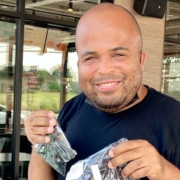
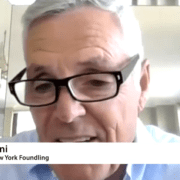
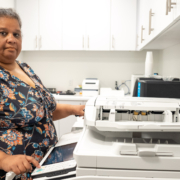
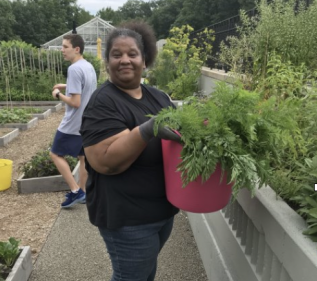
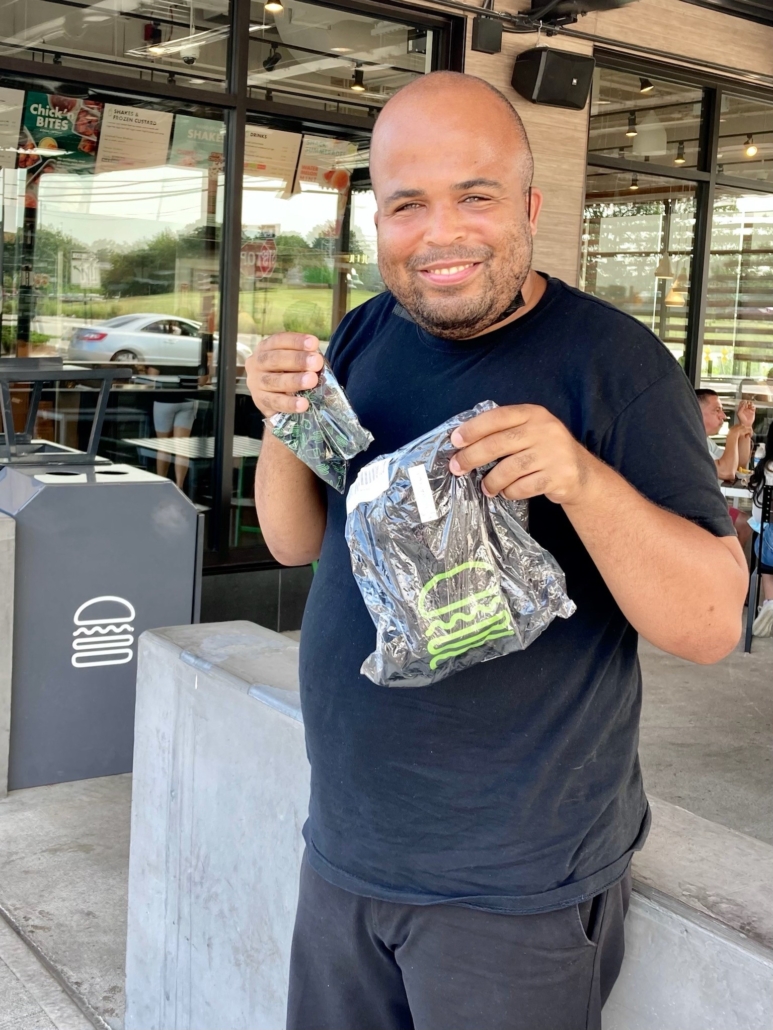
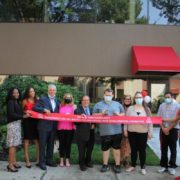
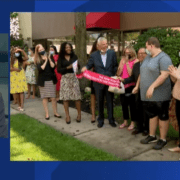
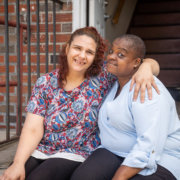
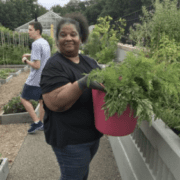
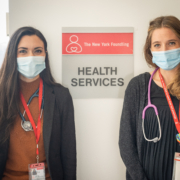
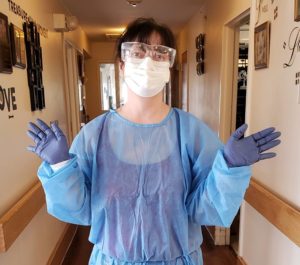
 NYF
NYF